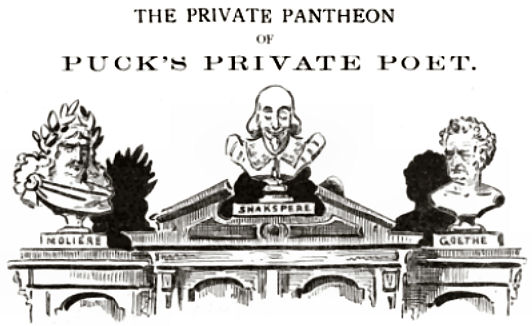Mark Twain? Joseph D. Eggleston Jr.? Inland Steel Company? Quin Ryan? Abigail Van Buren? Anonymous?
Question for Quote Investigator: Mark Twain is credited with a marvelous saying about the importance of reading:
A person who won’t read has no advantage over one who can’t read.
I was unable to determine when this saying was created, but I did find another version while searching:
The man who doesn’t read good books has no advantage over the man who can’t read them.
Now, I am suspicious that this adage may not be from Twain. Could you take a look?
Reply from Quote Investigator: There is no substantive evidence that Mark Twain said or wrote this maxim. Quotation expert Ralph Keyes1 and Twain specialist Barbara Schmidt2 both indicate that the connection to Twain is unsupported.
The earliest conceptual match for the expression located by QI was stated by Joseph D. Eggleston Jr. in “The Southern Workman” in 1910. Eggleston was the state superintendent of public instruction in Virginia. He advocated providing quality books for children through the library system. Eggleston used rhetorical questions that equated individuals who cannot read with those who do not read:3
Who can see the barely perceptible line between the man who can not read at all and the man who does not read at all? The literate who can, but does not, read, and the illiterate who neither does nor can?
The earliest close match found by QI was published in October 1914 in an item reprinted from the periodical “The Dodge Idea”. Oddly, the context was advertising. An exponent of delivering advertisements through the mail was unhappy that these messages were often thrown away unread. The adage was used twice in the article: once in the header and once in the body, but the statement was not attributed:4
A Man Who Does Not Read Has No Appreciable Advantage Over the Man Who Cannot Read
The man who doesn’t read hasn’t any advantage over the man who can’t read; yet there are many men who consider that the waste basket is the only place for second-class mail. The circular matter that goes through the mails is not intended to be a filler for waste baskets, but its purpose is to suggest a solution of certain problems.
The first ascription to Mark Twain found by QI was published in 1945. The details are given further below.
Here are additional selected citations in chronological order.
Continue reading “Quote Origin: The Man Who Does Not Read Has No Advantage Over the Man Who Cannot Read”